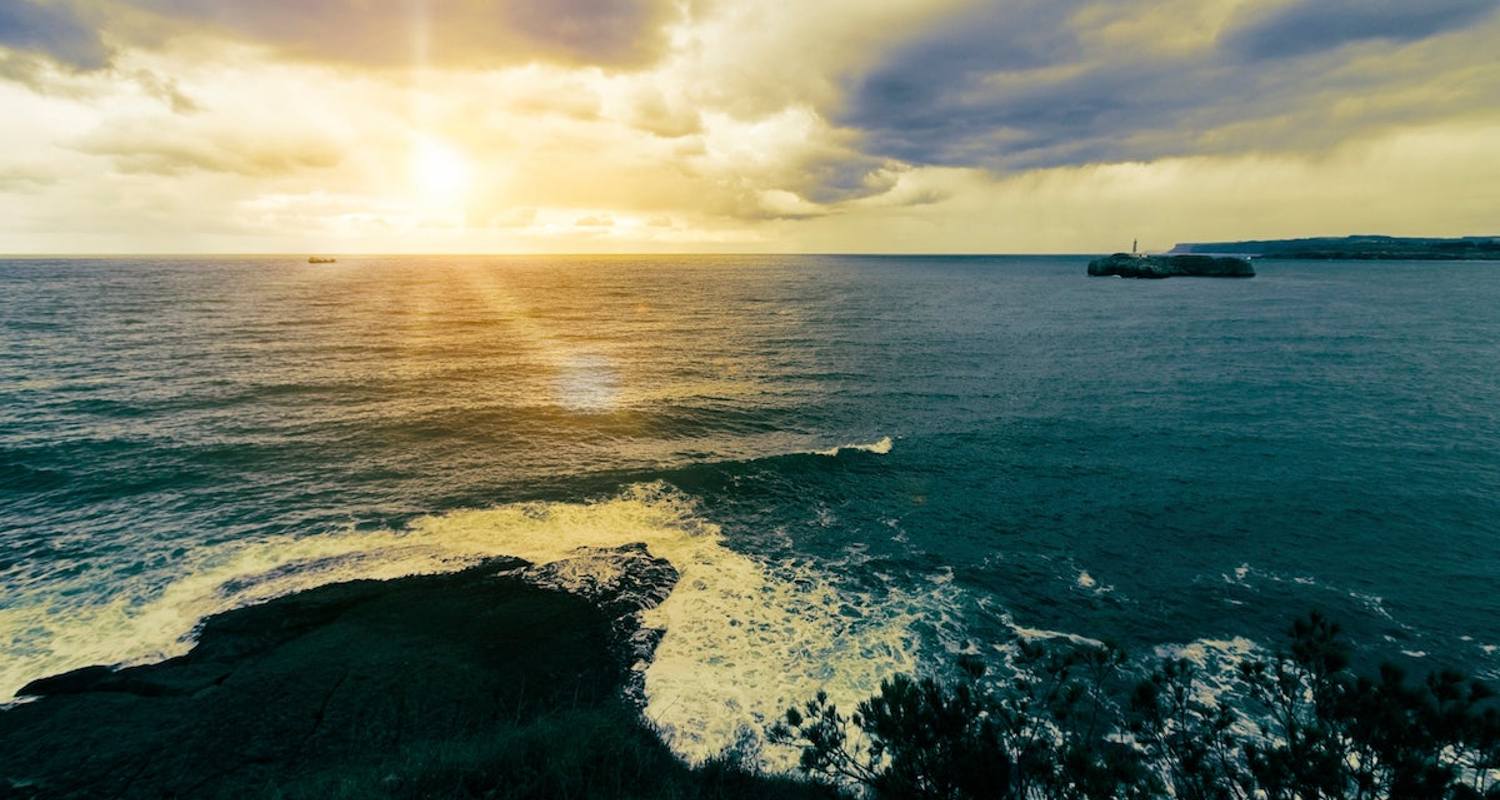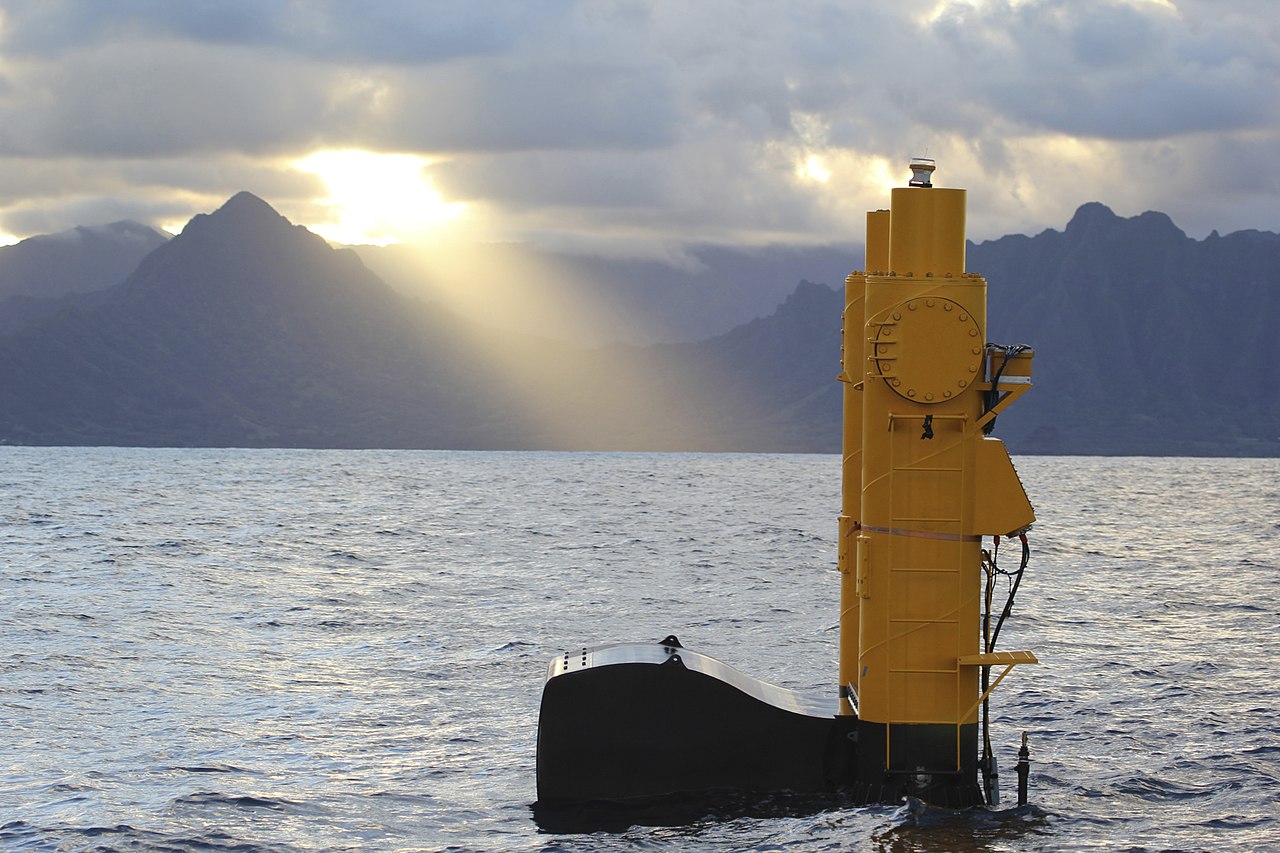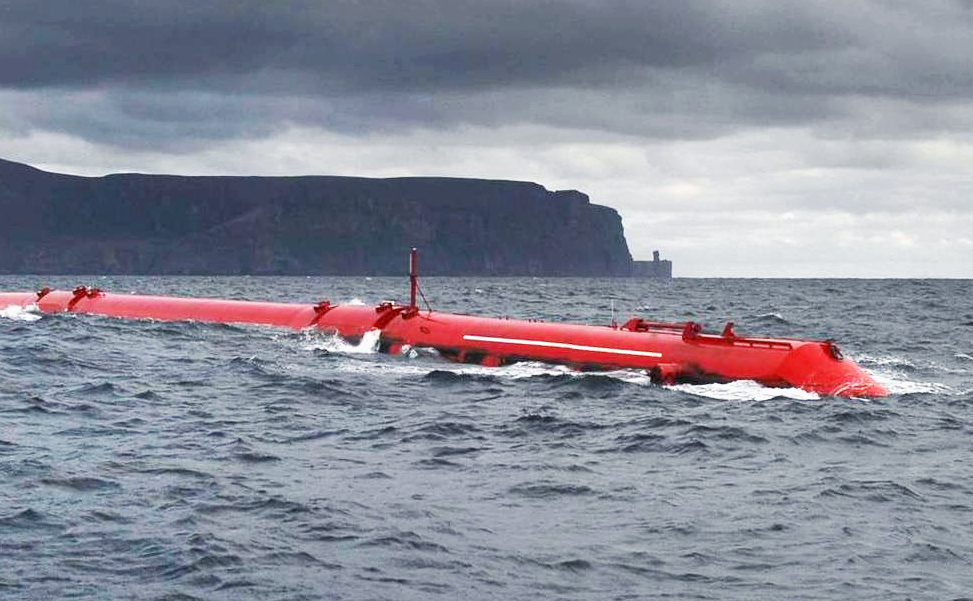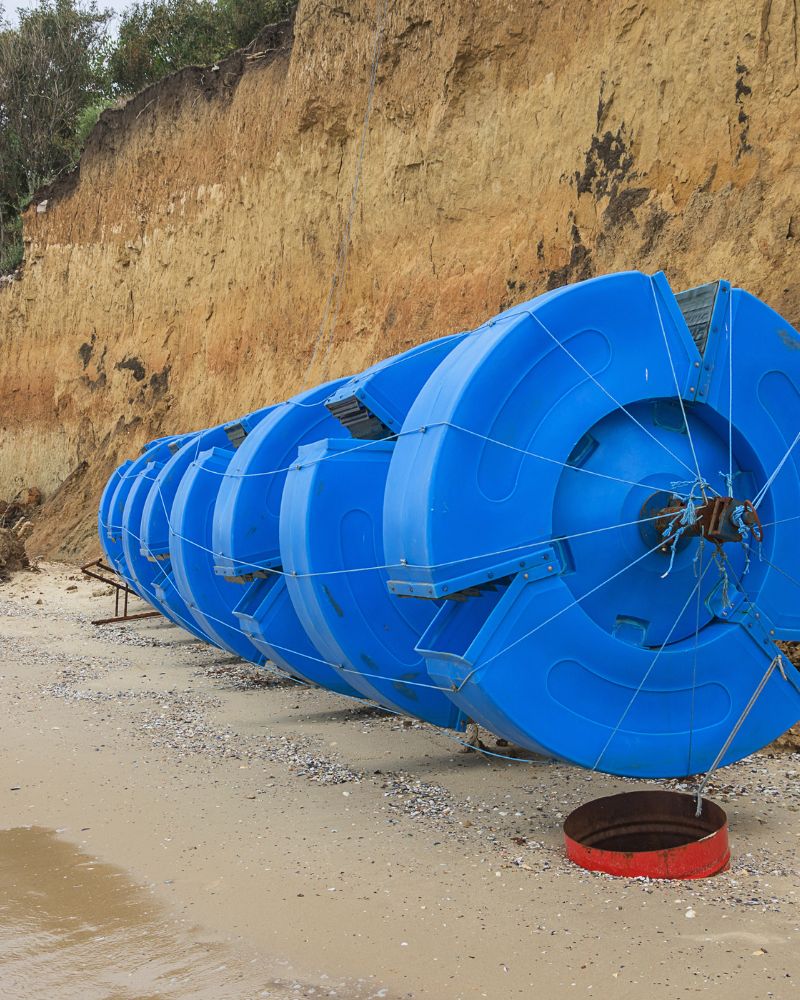Clean and safe energy
Clean and safe energy
It doesn't generate greenhouse gas emissions, and does not discharge pollutants into the sea. It is a safe energy, as no combustion is required.
Location
Location
Seas occupy more than 70% of the Earth's surface, so it can be installed in a large percentage of the world.
Efficiency
Efficiency
Water is denser than air, so it generates more energy. It is estimated that for every meter of wave height, 20 to 40 kW can be obtained.
Space
Space
In relation to the space/performance of the facilities, wave power is highly efficient. With a surface of just over 2 kilometers, energy could be produced to supply approximately 20,000 homes.
Supply
Supply
Electricity can be produced in a specific geographic area of consumption, which makes it possible to supply areas that are difficult to access, such as islands or boats. This increases the efficiency of the electrical grid and reduces transportation costs.




